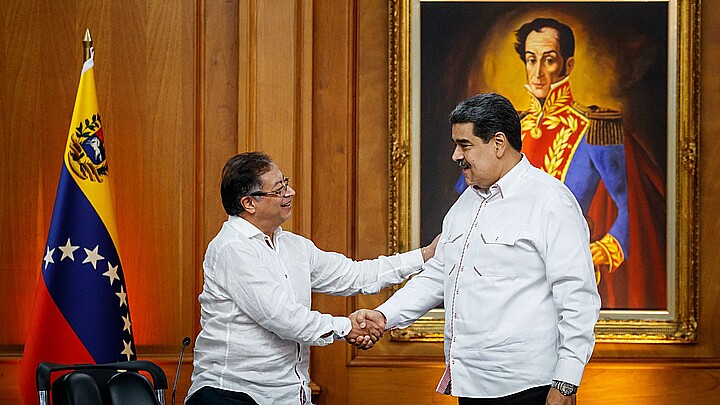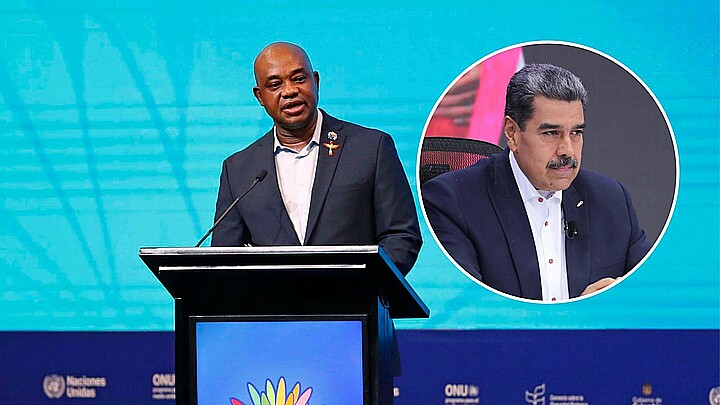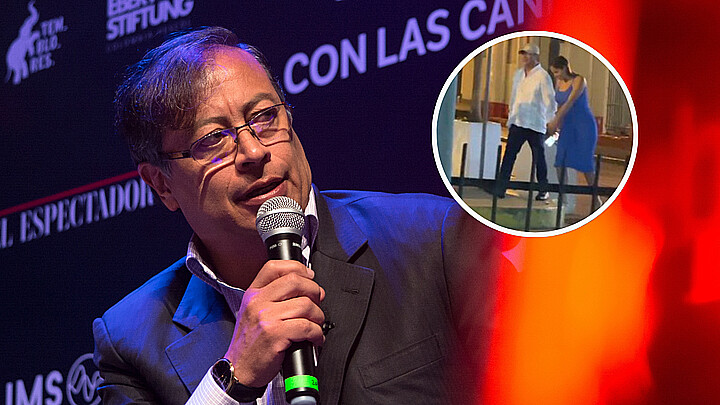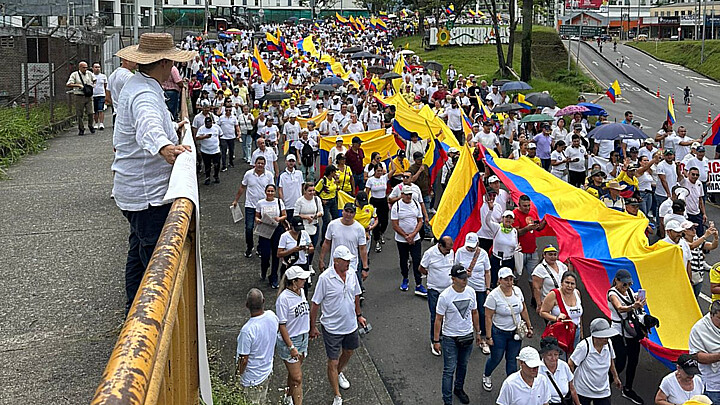Politics
Colombian army apologizes for killing thousands of civilians depicted as rebels from 2002-2008
The killings occurred amid a lengthy armed conflict between the government and a civil war between FARC (Revolutionary Armed Forces of Colombia) and ELN (National Liberation Army) guerilla forces that rocked the embattled South American country for several years
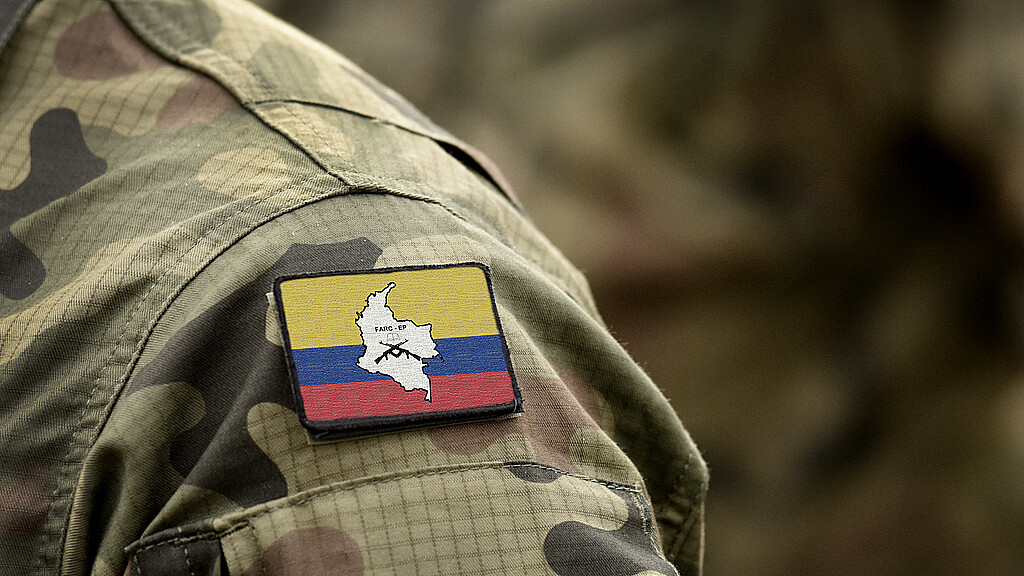
October 6, 2023 1:16pm
Updated: October 6, 2023 1:16pm
The Colombian army has issued a formal apology to its national public after a series of mass killings that occurred between 2002 and 2008 as the result of “false positives” that mislabeled the victims as hostile rebels.
The killings occurred amid a lengthy armed conflict between the government and a civil war between FARC (Revolutionary Armed Forces of Colombia) and ELN (National Liberation Army) guerilla forces that rocked the embattled South American country for several years.
A recent government inquiry concluded that 6,402 innocent civilians were killed by the country’s armed forces between 2002 and 2008, and passed off as rebels.
Some have asserted the killings were intentional as part of the “false positives scandal” just so the military could increase its kill rate in an attempt to demonstrate progress in the erupting civil war.
One event commemorating the victims was attended by the nation’s defense minister, who called the mass killings “shameful,” clarifying once and for all that those killed “were not rebels.”
Luis Ospina, commander of the Colombian army said that “painful acts were committed by members of the national army that should never have happened.”
Many of the victims were young males from poor Bogotá metropolitan neighborhoods and nearby towns that circled the nation’s capital.
Some of those men were executed after they reported for work assignments in agricultural areas of the country. Investigators determined that after the killings, some of them were redressed in FARC and ELN uniforms to create the false positive that they were guerrillas.
Some even had weapons placed in their hands.
Colombian investigators said the army's objective with the scandal was to create a false sense of security it was emerging victoriously in its war against the rebel groups.
Some Colombian soldiers who came forward testified under oath that they were ordered by their superiors to commit the killings as a way for the armed forces to raise their “kill rate.”
Those who cooperated were rewarded with extra days off and promotions in rank or command.
Relatives of the victims have struggled to see the truth come to light so they can honor their loved ones.
In a Tuesday event held in Bogotá's main square, Minister of Defence Iván Velásquez apologized to the families, and expressed his sorrow for the victims’ losses.
“We're standing here before the victims, before the Colombian society, before the international community, to say sorry,” Mr. Velásquez said.
Colombia's current president, Gustavo Petro, is a former M-19 rebel who has been pushing for drug law reforms which would effectively legalize the cocaine industry. His reforms have been met with swift resistance from conservatives who believe such a move would only increase the drug trade and use.
Petro, who arrived to the Tuesday event hours late asked for forgiveness from the victim’s families and called the killings a “genocide.”
During the ceremony, the families of 19 young males executed near the Venezuelan border said the names of their murdered loved ones on stage.
They also said they were disappointed that the government took more than 15 years to issue an apology.
Others said the apology should have come from past presidents or defense ministers.
“It should have been Juan Manuel Santos who should have been present to show his face and ask us for forgiveness,” said Florinda Hernández, whose son Elkin was killed in 2008.
“Today my family and I are not granting forgiveness" said Jackelin Castillo, who leads a group representing the victims’ mothers. She vowed that the families’ work is not over, adding that “our fight does not end here, we will continue to search for the real culprits, those who gave the order to commit these crimes.”
So far, more than 700 members of the Colombian security forces have turned over evidence.
In August, former Colombian army commander General Mario Montoya was accused of being behind 130 “false positives.”
The “false positives” have been investigated by The Special Jurisdiction for Peace (JEP), a transitional court system established as part of the 2016 peace deal between Colombia’s government and FARC rebels.

